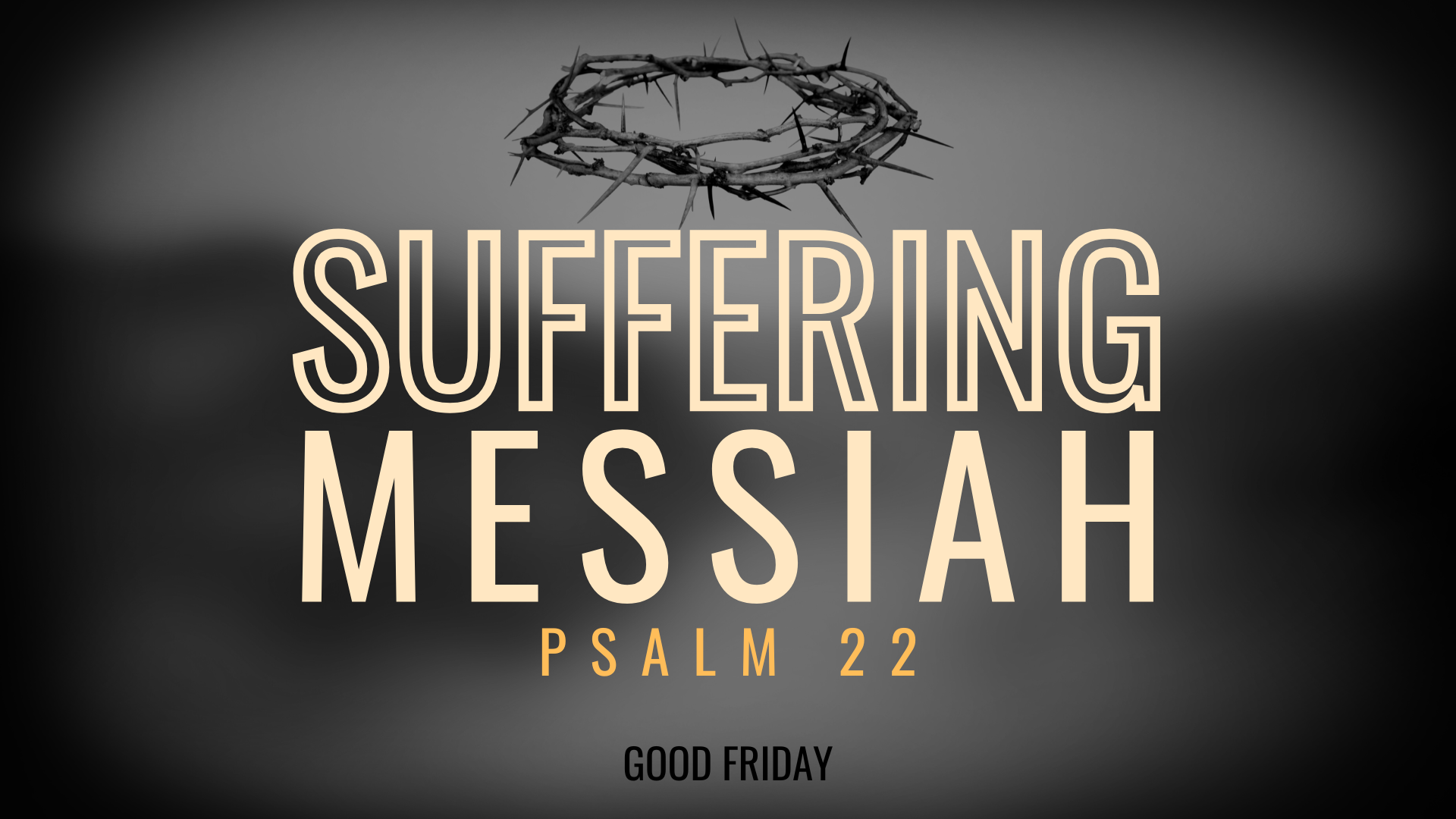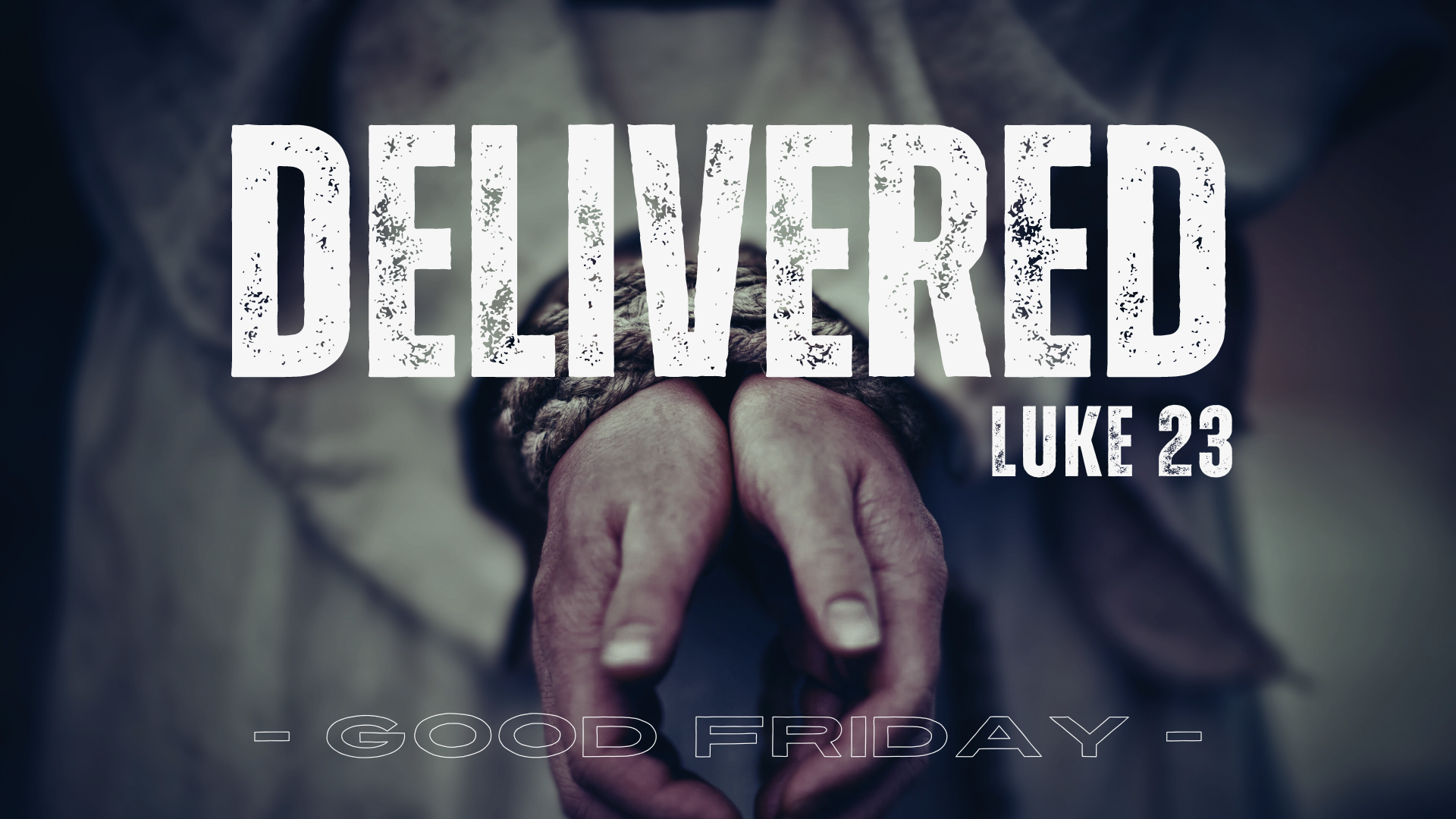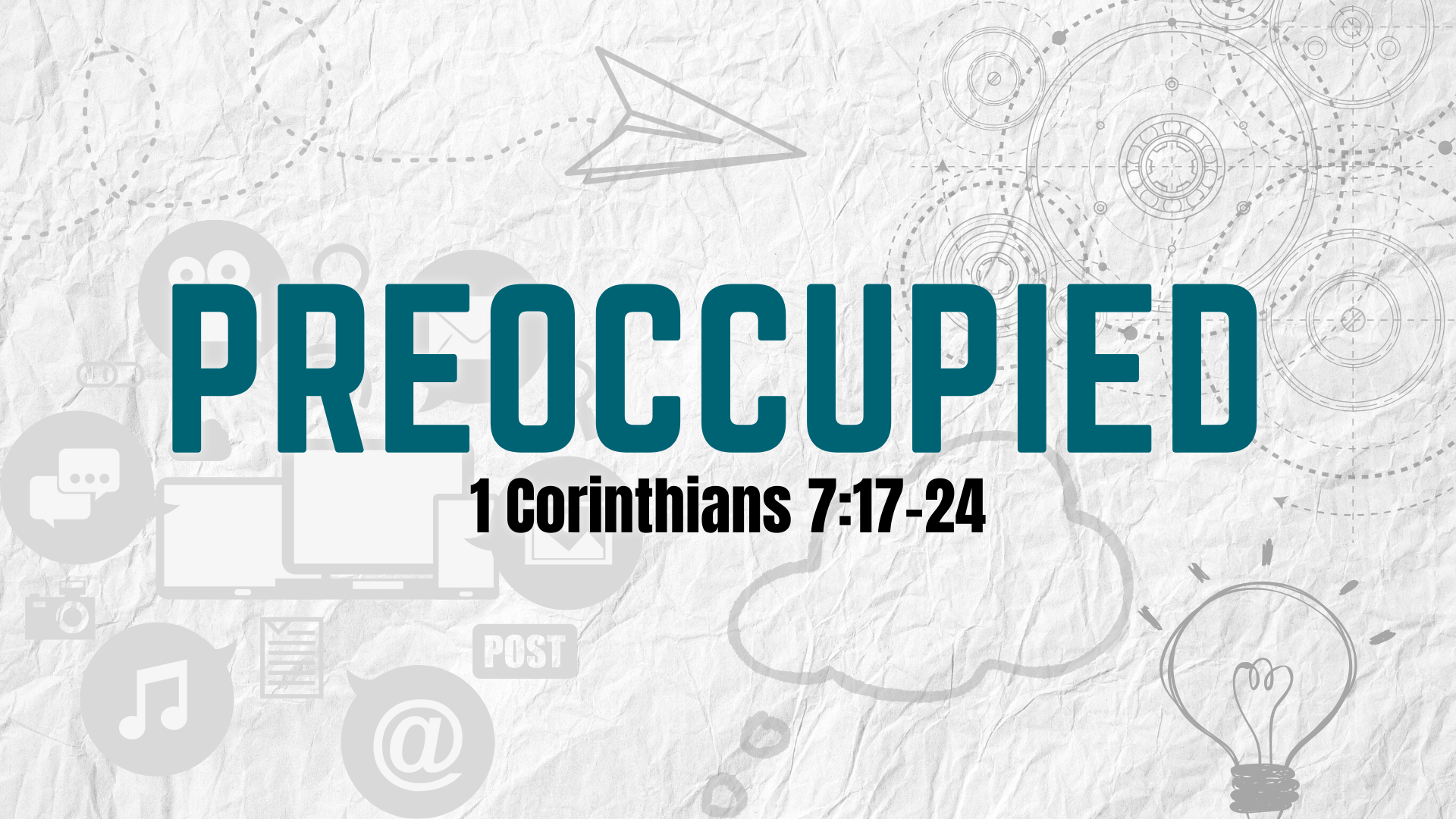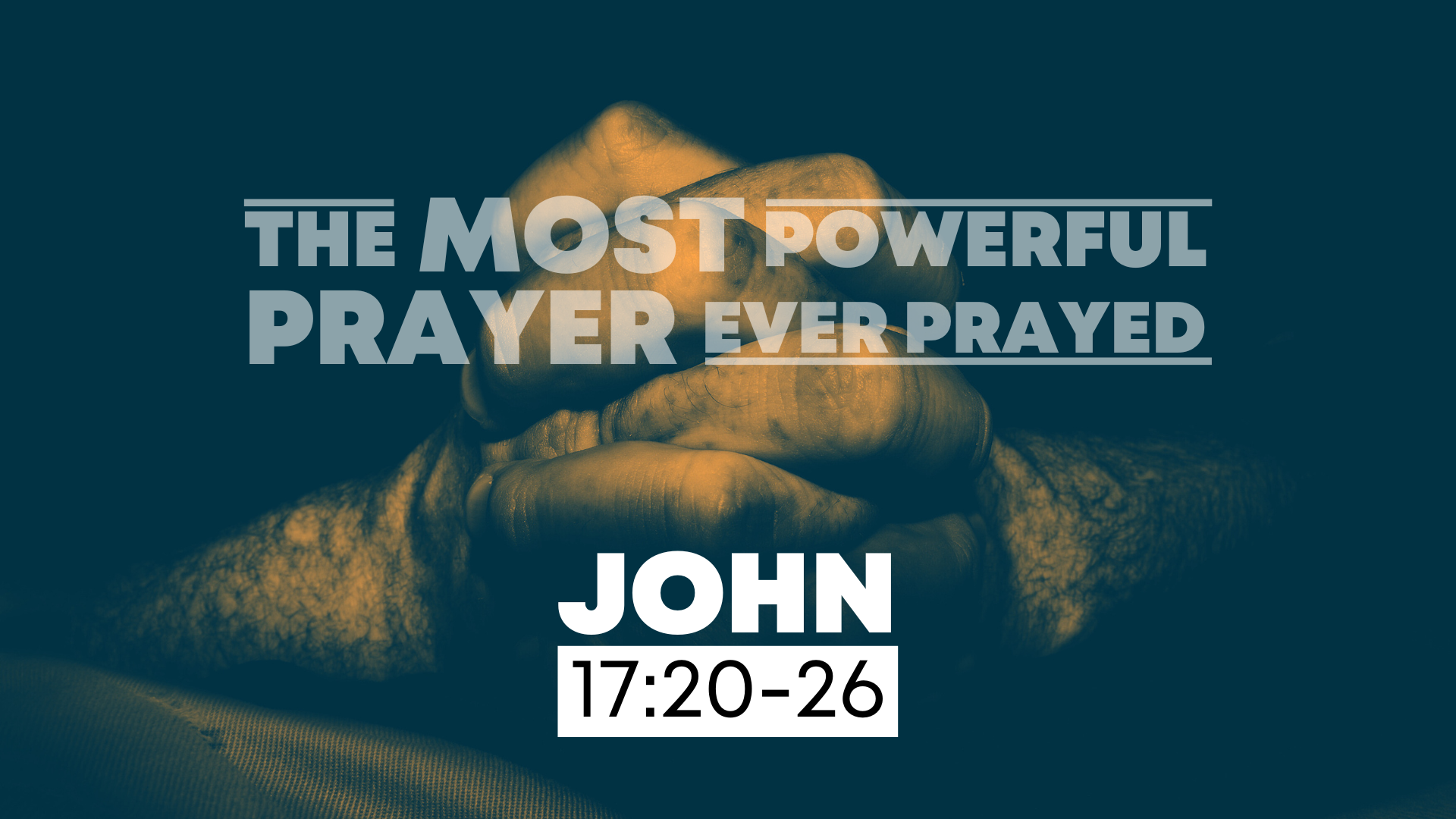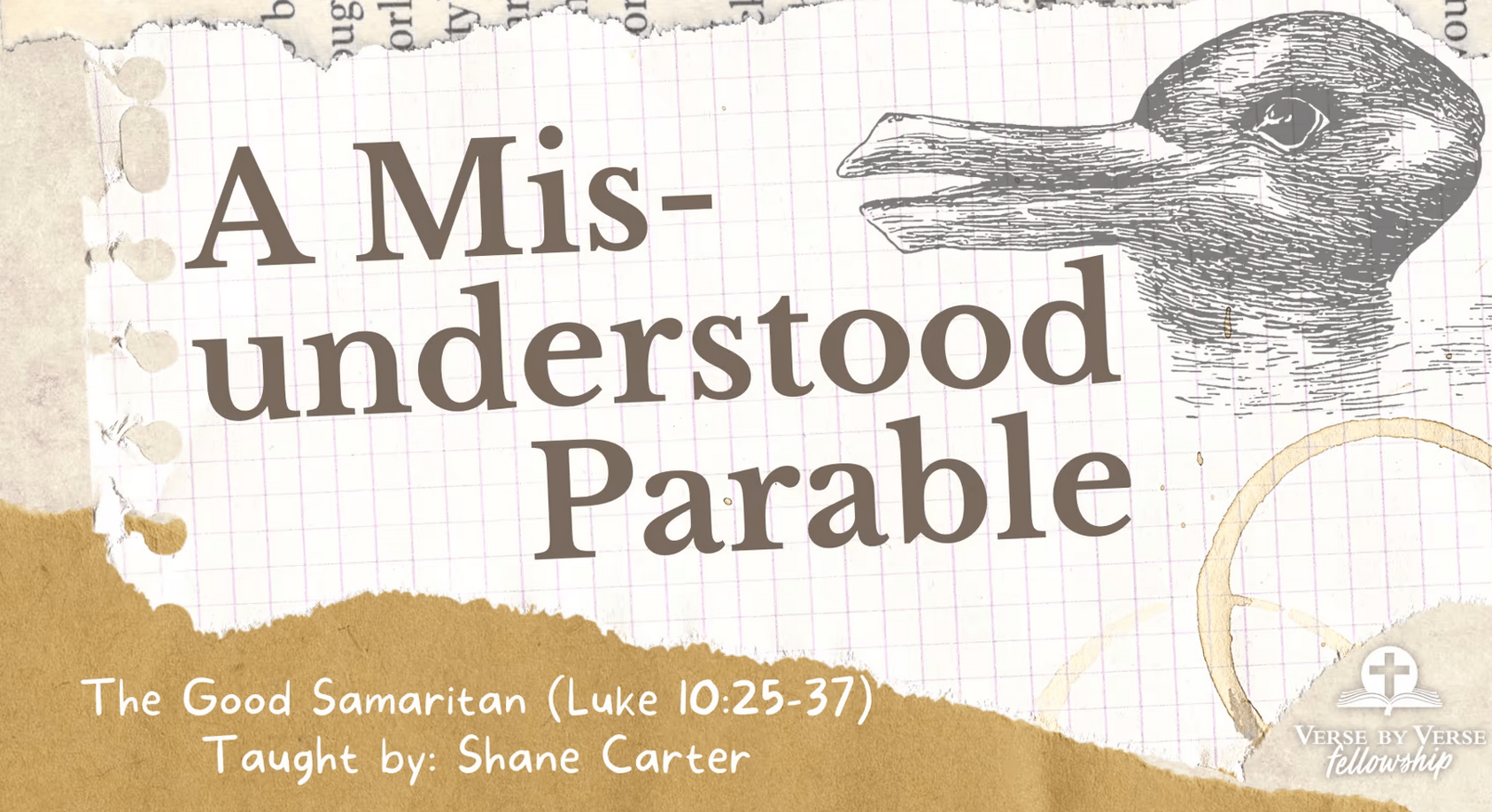MANUSCRIPT
Good morning church. I am Robin Harris, one of the elders of Verse By Verse Fellowship. Today we will be studying 1 Peter 2:11-25. As you may know, we as a church have already studied 1 Peter verse by verse. Pastor Mike did this on Wednesday nights back in 2022. So why do it again? Well for a couple of reasons. One, God led me to this particular section of Scripture for its important message. Two, the impact that 1 Peter has had in my life and the lives of others. So, for a detailed study of the book, I would refer you to Pastor Mike’s online sermons.
The title of the message is Our Conduct During Trials.
Let’s first look at some background information. Who were the recipients of this letter? What was a major theme of the letter?
1 Peter 1:1-2, Peter an apostle of Jesus Christ,
To those who are elect exiles of the Dispersion in Pontus, Galatia, Cappadocia, Asia, and Bithynia, 2 according to the foreknowledge of God the Father, in the sanctification of the Spirit, for obedience to Jesus Christ and for sprinkling with his blood: May grace and peace be multiplied to you.
The Apostle Peter is the author and the recipients are believers that were scattered through persecution and are experiencing continued persecution. They were scattered throughout Pontus, Galatia, Cappadocia, Asia, and Bithynia because of their faith in Jesus.
It is safe to say that most of them have lost their homes, their jobs, their businesses, their lands, and even have experienced rejection by unbelieving family members. They are living in a hostile land and are trying to endure their circumstances. Their situation is very difficult.
How would this affect you if you were one of them and what would you want Peter to say?
How is Peter going to approach them in this letter, especially considering the conditions they are facing? Will he say, “I feel your pain and I am there for you”? Will he say, “This is unjust, demand your rights!” Will he say, “You need to complain and whine and stomp your feet about it!” Nope, he will say things that will blow your mind!
Purpose – Their Conduct
I believe the purpose of this letter was to move their mindsets and hearts away from their current circumstances and what naturally happens when we are self-absorbed during trials. I believe Peter is going to tell them to have a conduct that transcends their circumstances. I believe a major theme of this letter is about their conduct, and therefore our conduct, during trying times.
The word conduct is used 4 times in the letter and implied many more times. 1 Peter 1:15 but as he who called you is holy, you also be holy in all your conduct,
1 Peter 1:17 And if you call on him as Father who judges impartially according to each one's deeds, conduct yourselves with fear throughout the time of your exile,
1 Peter 2:12 Keep your conduct among the Gentiles honorable, so that when they speak against you as evildoers, they may see your good deeds and glorify God on the day of visitation.
1 Peter 3:1-2 Likewise, wives, be subject to your own husbands, so that even if some do not obey the word, they may be won without a word by the conduct of their wives, when they see your respectful and pure conduct.
And here is one of the most demanding verses found in the Bible and it speaks of our conduct during trying times.
1 Peter 4:19 Therefore let those who suffer according to God's will entrust their souls to a faithful Creator while doing good.
• Suffering can be according to God’s will and it was for them.
• Even so, God is faithful and can be trusted.
• Our conduct during these times? Do good when you are done wrong. So lets jump in and look at our first point. Write this down as point no. 1
1 Our conduct can be shaped by our identity.
2:11
Training Donny and Andrew… I had the opportunity to train two young men that were about to go into the Marines. It was really fun, and they prepared well. After going through boot camp, I got to see them again and there was something remarkably different about them. Before going to boot camp, they were just godly boys that were just kinda normal, maybe even a little quirky. Now they carried themselves differently, they even talked differently, and you could see a distinct confidence about them. What happened? They became Marines. Their identity shaped their conduct.
Look what verse eleven says about our identity,
11 Beloved, I urge you as sojourners and exiles to abstain from the passions of the flesh, which wage war against your soul.
According to verse 11, what was their identity? They were sojourners and exiles. The NASB says “foreigners and strangers” NKJV says “foreigners and pilgrims”. You might say, yeah, no kidding. Why say this? Why put salt on the wound? Actually, I believe Peter is not talking about their present human circumstances. I believe He is talking about their present identity as believers.
In the first part of this letter to these scattered people, Peter jumps all over their identity in Christ. Peter describes them as:
The Elect 1:1-2
Living stones 2:4
Holy priesthood 2:5
Royal Priesthood 2:9
Holy nation 2:9
Chosen race 2:9
A people of his own possession (Peculiar People) 2:9
God’s people (People of God) 2:10
Sojourners and exiles (foreigners and strangers) 2:11
There is no doubt that Peter is emphasizing their identity in Christ while they are in the mist of suffering trials. Why do this instead of being overly sympathetic with their circumstances or in the opposite direction just saying “you need to buck-up”? I believe he wants their identity to shape their conduct.
Do you remember why Abraham lived in tents rather than building himself an elaborate mansion? Hebrews chapter 11 lets us know.
Hebrews 11:8-10 By faith Abraham obeyed when he was called to go out to a place that he was to receive as an inheritance. And he went out, not knowing where he was going. 9 By faith he went to live in the land of promise, as in a foreign land, living in tents with Isaac and Jacob, heirs with him of the same promise. 10 For he was looking forward to the city that has foundations, whose designer and builder is God.
Why did he live in tents?
- He was a foreigner to this world.
- He was a citizen of heaven.
- He was looking forward to his real home built by God.
Abraham’s identity definitely shaped his conduct. Can you imagine how powerful this can be in your life? Example: You lose your job, and you take on a job that pays less. You must move into a rental that is way smaller and way less of what you have had in the past. Because you are a citizen of heaven you have this mindset, “Well, it is just a house for the time being. I have a mansion in heaven!” Right!
When Sue and I moved to Oregon to help start a church, one of the rental houses that we rented was only a two-bedroom house. Because we wanted our daughter to have a separate bedroom, we slept in the screened in porch. There was no heat on that porch, so in the winter we would put on about five blankets and we wore wool bennies on our heads. We would watch our breath make smoke as we laid in bed, and we would bust out laughing. One morning we woke up with a bunch of cats curled up at the end of the bed. The screen door had a hole in it, and they just came in and joined us. Believe it or not, we had a lot of fun living there. I truly believe your identity in Christ can shape your conduct.
So, Peter is saying you are Sojourners and exiles, that is your identity. This is not your country, therefor because of your identity abstain from the passions of the flesh, which wage war against your soul. Peter is saying your identity shapes your conduct!
And when he says “abstain from the passions of the flesh, I don’t believe he is referring to sexual sin. I believe it deals directly with their situation, trials. The flesh can take control when we are under the pressures of trials. Right! Especially the trials of persecution and the lack of basic needs. Irritability rises, anger arises, coveting rises, generosity ceases, love shrinks ie self preservation becomes all encompassing!
Because this is not our country. Because this is not our home. Because we are looking to a home crafted by God, because we are citizens of heaven, we see everything as temporary. Our identity can shape our conduct. Only when we live as if this is our permanent home does our conduct mirror the world.
Write this down as point 2:
2 Our conduct can be an instrument that God uses.
2:12-20
12 Keep your conduct among the Gentiles honorable, so that when they speak against you as evildoers, they may see your good deeds and glorify God on the day of visitation.
So, your identity can impact your conduct, but there is a purpose. Your conduct can have an impact. First look at the command. Peter says have a honorable conduct among the gentiles ie unbelievers. Secondly, why? When they speak evil of them, their conduct will have an impact. Unbelievers were calling them criminals (evildoers). What would be the impact of their good deeds under those circumstances? Some would see the truth about them by there conduct and would glorify God on the day of visitation. What does that mean? It means some would see the difference in them and want what they had. Some would get saved!
I believe this is the defining verse of this book. Peter brings in focus their identity in order to impact their conduct and then he sets the stage for the reason why. Their honorable conduct would have an impact.
Now Peter will start to give examples of honorable conduct for believers during trying times. He will do this throughout the majority of this book. And I believe the purpose is defined by verse 12. That some would get saved. He will first address the Church as individuals and as a whole, then he will address servants (in our case employees). These two are followed by the conduct of wives and husbands, and then the conduct of Church leadership. All of these have the backdrop of trying times. We will address the first two.
Here is the first example:
13 Be subject for the Lord's sake to every human institution,[b] whether it be to the emperor[c] as supreme, 14 or to governors as sent by him to punish those who do evil and to praise those who do good.15 For this is the will of God, that by doing good you should put to silence the ignorance of foolish people.16 Live as people who are free, not using your freedom as a cover-up for evil, but living as servants[d] of God. 17 Honor everyone. Love the brotherhood. Fear God. Honor the emperor.
First notice the phrase “be subject”. This is the command given for each group of Christians Peter will be addressing throughout the Book of 1 Peter. Submission is a big deal with God. It is the very opposite of what our flesh and satan wants. Our flesh and satan wants control arising from a prideful heart. Being submissive is really hard even when things are going well, so being submissive during harsh times takes even more grace.
But Peter doesn’t just say be subject, he says be subject for the Lord’s sake. Remember Peter had exhorted the Church to have a conduct that is honorable among the Gentiles. The results of this conduct, some would get saved. I believe that the phrase “for the Lord’s sake” means specifically for His purposes, even though it also means to please Him.
Their honorable conduct would be typified by good works during trying times. These good works would be associated with following every human institution. In other words, the ordinances of man. The rule of law for the population, conveyed by the highest authority (the king) to the lower authorities (governors). By following the rule of law (good works), unbelievers would count them as living honorable lives, at least the ones that were being honest about believers’ honorable behavior. This would put to silence the ignorance of foolish people ie saying they were criminals and bad mouthing the Gospel. I have to say that many times the spread of the Gospel is impeded by the conduct of believers revolting against the rule of law.
Because they are unbelievers, Christian activities would not necessarily move the needle, at least in the beginning. Gathering as a church, praying at a public venue, singing worshipful songs as else well as other Christian activities would not mean much to them. At a minimum, honorable behavior would open a door to some unbelievers. On the other hand, dishonorable behavior would slam shut the door to the lost and bring a bad light on the Gospel.
Here is a simple illustration to make my point. When we were about to go to Denton Tx for the weekend, I went by Discount Tire to have our tire pressure checked. They had a long line and they had the entrance from the main road blocked with a sign saying entry
closed. So I went to the side road and maneuvered my way to the line. While I was waiting, a lady went through the closed entrance. She went right by the sign that said the entrance was closed. Then she cut right in front of me! Once I got in line behind her, what
do you think I saw? A Christian bumper sticker. Do you think she could have shared the gospel with me effectively?
Now think of what Peter has said to these believers that were living in way more extreme conditions. Here is the gravity of the situation; our conduct is for God’s purposes.
Now look at verse 16, “Live as people who are free, not using your freedom as a cover-up for evil, but living as servants[d] of God.” Very nice play on words. We are free from the bondage of sin, but we are slaves to God. We are
• Free from the penalty of sin .. there is no condemnation in Christ Jesus • Free from the power of sin .. sin does not dominate us in Christ Jesus
Yet with our freedom, we are completely bondservants of Christ… we were bought with a price. With that said, Peter then says, don’t use your freedom as a cover-up for evil. Freedom is not a license to covertly defy the rule of law because, in our opinion, we think it isn’t fair. Ie cheating on your taxes because you don’t like how the government uses your money. Jesus paid taxes. You think the Roman government used it in a moral way?
Remember what verse 12 said, our honorable conduct will be an instrument that God uses to draw some to salvation.
After verse 16, Peter summarizes his command “Honor everyone. Love the brotherhood. Fear God. Honor the emperor.”
This is a catch all command…ie if I missed anything, have a honorable conduct in everything. This is how important my conduct is to the spread of the Gospel.
Our you getting the sense of the importance of our conduct during trying times?
After giving the example of following the rule of law, Peter speaks to servants and their honorable conduct as believers. As you will see it is countercultural. You could even say crazy to most?
"Having faith often means doing what others see as crazy. Something is wrong when our lives make sense to unbelievers."
- Francis Chan
Listen, Christianity is counterculture. Jesus is counterculture, so I am not surprised by what Peter says in verses 18-19:
2:18 Servants, be subject to your masters with all respect, not only to the good and gentle but also to the unjust. 19 For this is a gracious thing, when, mindful of God, one endures sorrows while suffering unjustly.
Peter is speaking to servants, there could have well been a great deal of them at this time. We can apply it to mean employees in our current lives. Here again is the phrase “be subject to”. Then look at the attitude they were to have, “with all respect”. Some versions say, “with all fear”.
This means with reverence. Now add to this, unfavorable treatment. Peter says to respectfully submit to the good and gentle and also to the harsh, even though you are scattered people and have lost everything! So, Peter has said to be subject to the rule of law and now he says be subject to your master (good or bad)
• With all reverence or respect.
• With the right heart.
• To the good and to the harsh.
• Without respect to outcome.
Then Peter says the crazy stuff. “For this is a gracious thing, when, mindful of God, one endures sorrows while suffering unjustly.”
It is for God’s purposes. It pleases God. That is what “for this is a gracious thing, when, mindful of God” means. Some will see your “your good deeds and glorify God on the day of visitation.”
Peter doubles down in verse 20:
2:20 For what credit is it if, when you sin and are beaten for it, you endure? But if when you do good and suffer for it you endure, this is a gracious thing in the sight of God.
Doing good when we are done wrong is commendable or pleasing to God. He will use our honorable conduct as an instrument for His purposes.
Write this down as point no. 3
3 We are called to this conduct.
1 Peter 2:21 “For to this you have been called, because Christ also suffered for you, leaving you an example, so that you might follow in his steps.”
We are called to this conduct so that God can use us for His purposes. Doing good when you are done wrong is not optional! This is definitely counterculture. This will definitely not make any sense to the world, but some will see it, and say “what must I do to be saved” just like the Philippian jailer did after seeing the amazing conduct of Paul and Silas, Acts 16:16-40.
Our identity impacts our conduct, and our conduct can have an impact. We are called to this conduct so that we can be an instrument that God uses.
Write this down as point no 4:
4 Jesus is the example for our conduct. 2:21-25
We have many good example of honorable conduct throughout history, but the real example is the one to whom we follow.
1 Peter 2:21-25 “For to this you have been called, because Christ also suffered for you, leaving you an example, so that you might follow in his steps. 22 He committed no sin, neither was deceit found in his mouth. 23 When he was reviled, he did not revile in return; when he suffered, he did not threaten, but continued entrusting himself to him who judges justly. 24 He himself bore our sins in his body on the tree, that we might die to sin and live to righteousness. By his wounds you have been healed. 25 For you were straying like sheep, but have now returned to the Shepherd and Overseer of your souls.
Jesus is our example to follow:
Even though Jesus was sinlessly perfect, Jesus was wronged beyond measure. • Jesus did good for all when he was done wrong.
• Jesus’ conduct was pleasing to God, and it was salvation for everyone that believes.
We are called to do good when we are done wrong, and we are given the example to follow.
Jesus did good when he was done wrong, and salvation came from it. If it wasn’t for Jesus’ conduct, you and I would be dead in our trespasses and sins!
Let me close with this, where would you say you spend most of your time? Most likely you would say at home and your workplace or school. Where would you say that most of your trials occur? Most likely you would say at home and your workplace or school. What is your conduct during trying times?
I encourage you to lean into your identity. God will use your conduct for His purposes. Embrace this truth, we are a part of the oldest counterculture movement on the planet, it is good, and we are called to it.
Lastly, we are not idiots to do good when we are done wrong. The example we follow is no idiot, He is the King of Kings and Lord of Lords. He is Jesus Christ our Savior. He did good when He was done wrong and salvation came to the world. We can do good when we are done wrong and God will use it for His purposes also.
For those of you that do not know Jesus as your Lord & Savior, this is real Christianity. It is countercultural. It is life changing. It is demanding. It is the only way to eternal life. Welcome to the truth about the Gospel. And let me say, if you do put your trust in Jesus, it was because God drew you there. No one would surrender to this life unless God drew them. Surrender today to Jesus as Lord and Savior. Receive eternal life through Jesus.

Taught by Robin Harris
Elder: Verse By Verse Fellowship
Single Teachings



